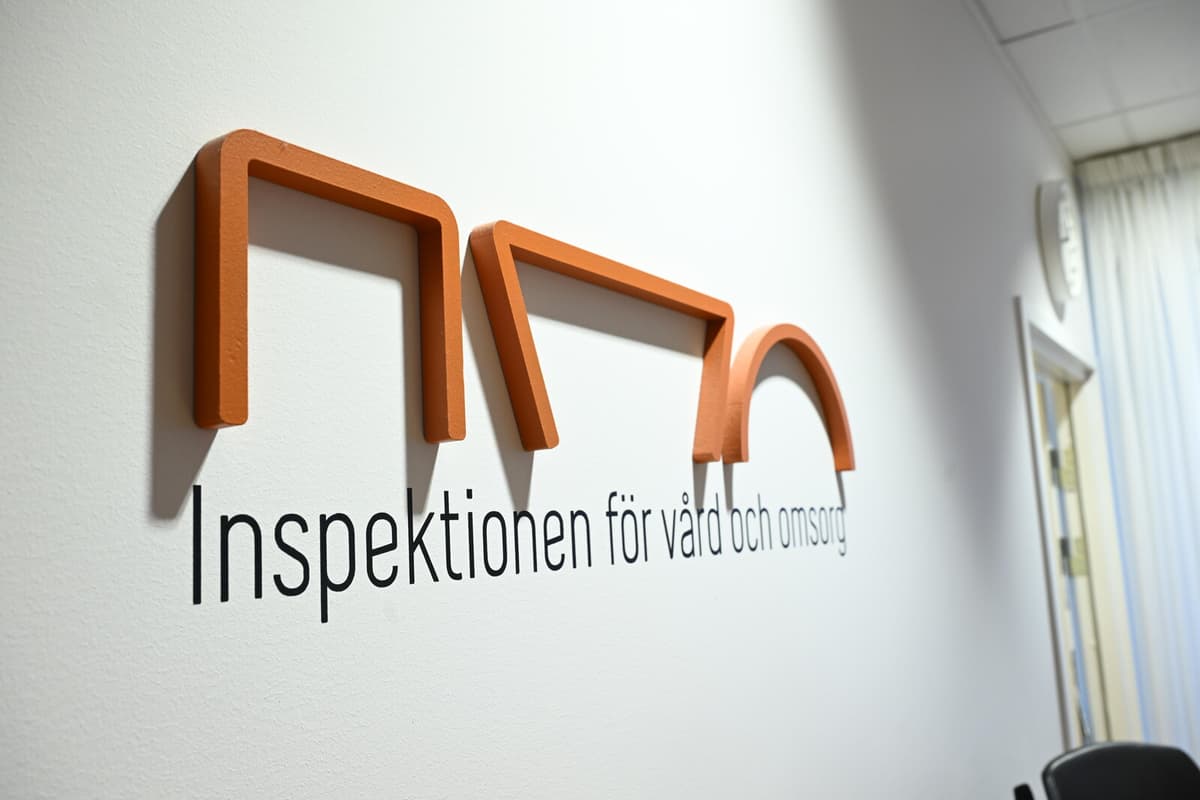Within child and adolescent psychiatry, 26 operations were reviewed, of which 21 had deficiencies. For eleven of the operations, the deficiencies were serious.
This is the first time the Health and Social Care Inspectorate (Ivo) is conducting a national supervision of psychiatric coercive care. Therefore, it cannot be said that illegal measures have become more frequent.
But it is very serious and remarkable that the shortcomings in psychiatric coercive care are so widespread, says Marie Åberg, department head at Ivo.
She views it as particularly serious that they are subjected to illegal measures such as physical restraints without a doctor's decision and tube feeding during planned physical restraints.
In a review of operations at general psychiatric and forensic psychiatric healthcare facilities, Ivo found deficiencies in 13 out of 15 operations. Among other things, doctors testified that coercive measures increased during high workload, which according to Ivo is not a sufficient reason. Even here, eleven operations were assessed to have serious deficiencies.
These deficiencies affect patients very negatively. It's about them not being able to participate in their care, but are instead subjected to coercive measures against their will.
The operations with serious deficiencies must now report what measures will be taken.
This means that Ivo demands that they report how they will rectify the deficiencies so that they do not happen again. Some have already taken measures, other cases are ongoing, says Marie Åberg.
Advertisement






